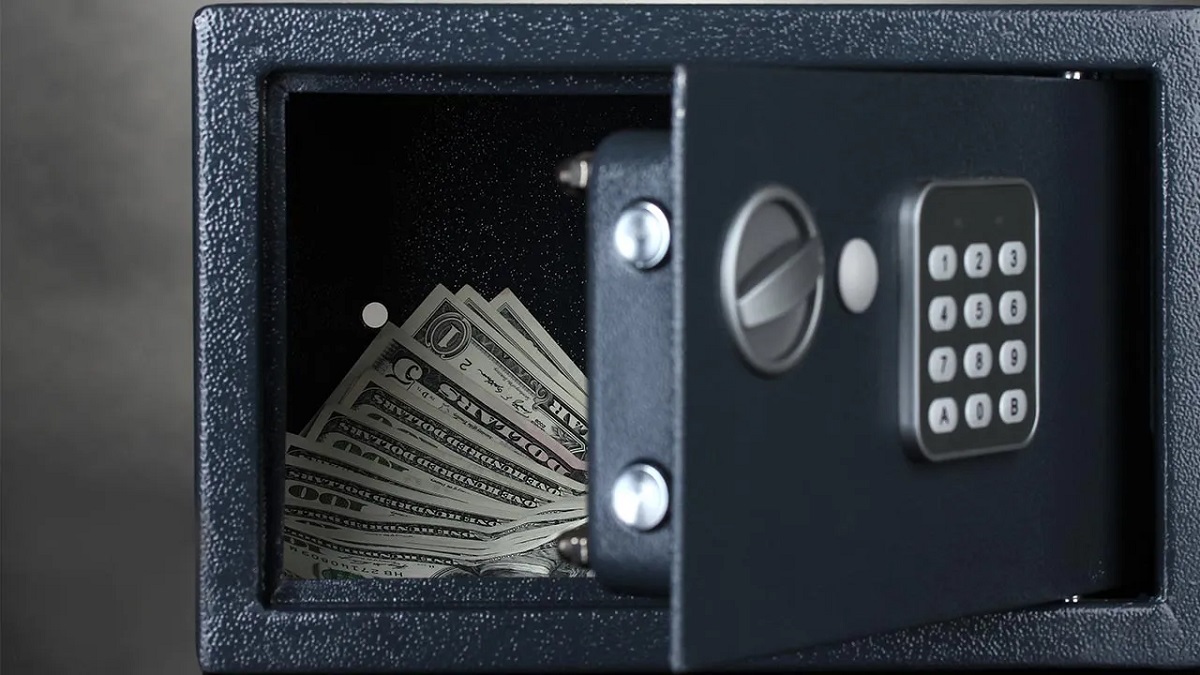

Articles
How To Store Cash Long Term
Modified: February 22, 2024
Learn effective strategies for storing cash long term with our informative articles. Discover the best methods to keep your money safe and secure.
(Many of the links in this article redirect to a specific reviewed product. Your purchase of these products through affiliate links helps to generate commission for Storables.com, at no extra cost. Learn more)
Introduction
Welcome to our comprehensive guide on how to store cash long term. In today’s fast-paced and ever-changing world, having a reliable and secure method for storing cash is essential. Whether you’re looking to save for future expenses, create an emergency fund, or simply protect your wealth, understanding the various options available and the factors to consider is crucial.
In this article, we will delve into why storing cash long term is important, the key factors you should consider before making a decision, and explore the different options available to you. From home storage solutions to offshore accounts and government-backed investments, we will cover it all.
So, let’s dive in and discover the best ways to store your cash for the long term.
Key Takeaways:
- Diversification is key. Spread your cash across different storage methods to mitigate risk and increase security. Consider home storage, safe deposit boxes, offshore accounts, CDs, and treasury bonds and bills.
- Understand risk and reward. Different storage options offer varying levels of risk and potential returns. Consider your goals, risk tolerance, and liquidity needs when choosing a method. Regularly review and seek professional advice.
Read more: How To Store Cash Long-Term
Importance of Storing Cash Long Term
Having a plan for storing cash long term is a prudent financial decision. It offers several benefits and serves as a safety net in various situations. Here are a few reasons why it’s essential to consider long-term cash storage:
- Emergency Preparedness: Life is unpredictable, and unexpected emergencies can arise at any time. Whether it’s a medical emergency, home repair, or job loss, having cash readily available can provide crucial financial stability when you need it most. Storing cash long term ensures that you have quick access to funds in case of emergencies without relying on loans or credit.
- Financial Independence: Building financial independence is a long-term goal for many individuals. By storing cash, you have a tangible asset that retains its value over time. Whether you’re saving for retirement, starting a business, or investing in opportunities, having readily available cash can give you the confidence and freedom to pursue your financial goals.
- Protection Against Economic Instability: Economic downturns and financial crises are inevitable occurrences. By storing cash long term, you can safeguard yourself against potential economic instability. While other investments may fluctuate in value, having cash on hand ensures that you have a stable asset that can weather turbulent financial times.
- Flexibility for Investment Opportunities: Storing cash long term gives you the flexibility to seize investment opportunities as they arise. When market conditions are favorable and lucrative investments present themselves, having cash readily available allows you to take advantage of these opportunities and potentially generate long-term returns.
By considering these key factors and recognizing the importance of storing cash long term, you can establish a solid foundation for your financial well-being and be better prepared for whatever the future holds.
Factors to Consider Before Storing Cash
Before deciding how and where to store your cash long term, it’s crucial to consider a few key factors that will help guide your decision-making process. These factors include:
- Safety and Security: The safety and security of your cash should be your top priority. Consider the level of security provided by the storage method or institution you choose. Ensure that it has robust security measures, such as alarm systems, surveillance cameras, and adequate insurance coverage.
- Liquidity: Assess the degree of liquidity you require. If you anticipate needing immediate access to your cash, opt for a storage option that allows for quick and convenient withdrawals. Conversely, if you’re looking for a long-term investment, you might consider options with longer withdrawal terms.
- Inflation Protection: Take into account the impact of inflation on your stored cash. Inflation erodes the purchasing power of money over time. Look for storage options that provide a return on your investment that exceeds the rate of inflation, ensuring that your cash maintains its value over the long term.
- Tax Implications: Investigate the tax implications associated with the different storage options. Depending on your country and the specific storage method, you may be subject to taxes on interest earned or other taxable events. Consult with a financial advisor or tax professional to understand the tax implications before making a decision.
- Convenience: Consider the level of convenience that each storage option offers. Evaluate factors such as accessibility, ease of use, and any associated fees or administrative requirements. You want a storage solution that fits seamlessly into your daily life and financial management strategy.
- Diversification: Diversifying your cash storage can help mitigate risk and provide greater security. Explore different storage options and spread your cash across multiple methods or institutions. This way, if one method fails or experiences issues, you have alternative options for accessing your funds.
By carefully considering these factors, you can make an informed decision about how best to store your cash long term. Each individual’s financial situation and goals are unique, so it’s important to assess these factors in relation to your specific needs and preferences.
Options for Storing Cash
When it comes to storing cash long term, there are several options available to you. Each option has its own advantages and considerations. Let’s explore some common methods of storing cash:
- Home Storage: Storing cash at home provides direct control and access to your funds. However, it’s crucial to consider security measures such as a safe or lockbox to protect against theft or damage. Keep in mind that storing large amounts of cash at home can increase the risk of loss due to fire, flood, or other unforeseen circumstances.
- Safe Deposit Boxes: Safe deposit boxes are secure storage containers provided by banks and financial institutions. They offer protection against theft, fire, and natural disasters. However, they may have limitations on accessibility and operating hours, and your funds may not be insured. It’s essential to weigh these factors when considering a safe deposit box.
- Offshore Accounts: Offshore accounts provide additional privacy and asset protection. They can be accessed through international banks or financial institutions. Offshore accounts may offer higher interest rates and greater stability, but they may also come with additional fees and legal considerations. Consult with a financial advisor or attorney familiar with international banking regulations before pursuing this option.
- Certificates of Deposit (CDs): CDs are time-bound deposits offered by banks, where you agree to keep your money for a specific period in exchange for a fixed interest rate. They provide a low-risk way to store cash and earn interest. However, be aware of penalties for early withdrawal and consider the impact of inflation on the fixed interest rate.
- Treasury Bonds and Bills: Government-issued treasury bonds and bills are considered safe investments that offer a fixed interest rate. They can be purchased directly from the government or through a broker. These investments provide a reliable way to store cash and earn interest while minimizing risk. However, they may have longer maturity periods and limited liquidity.
Remember that the choice of storage method depends on your individual circumstances, risk tolerance, and goals. It’s important to carefully weigh the pros and cons of each option and seek professional advice if needed to ensure that your chosen method aligns with your financial objectives.
Home Storage Options
Home storage is a popular option for individuals who prefer to have direct control and access to their cash. There are various home storage options to consider, each with its pros and cons. Let’s explore some common home storage options:
- Safes: Safes are secure storage containers designed to protect your cash and valuables from theft and damage. There are different types of safes available, including wall safes, floor safes, and portable safes. Choose a safe that is fire-resistant and made from durable materials. Consider the size, weight, and installation requirements of the safe, as well as the level of security provided.
- Lockboxes: Lockboxes are smaller and more portable alternatives to safes. They are typically made of metal and have a secure locking mechanism. Lockboxes provide a convenient option for storing a smaller amount of cash and important documents. However, they may not offer the same level of security as a dedicated safe.
- Buried Cash: Buried cash is a less conventional method of home storage. Some individuals choose to bury their cash in a secure location on their property. This method relies on the element of secrecy and discretion. However, it is important to consider factors like weather conditions, potential theft or accidental discovery, and the legal implications of burying cash on your property.
When opting for home storage, it’s important to take certain precautions to ensure the safety and security of your cash:
- Keep your storage method discreet and avoid sharing information about your cash storage with others.
- Maintain regular maintenance of your storage method to ensure its integrity.
- Consider insurance to protect against loss or damage.
- Reassess your home security measures, such as alarm systems and surveillance cameras.
- Keep duplicates of important documents and contact details in a separate secure location.
It’s important to note that storing large amounts of cash at home comes with inherent risks. Consider diversifying your storage methods and keeping only a reasonable amount of cash on hand for immediate needs. Additionally, consult local laws and regulations regarding home cash storage to ensure compliance.
Remember, home storage is a personal decision that requires careful consideration of your individual circumstances, risk tolerance, and access needs. Weigh the pros and cons, evaluate your home’s security measures, and take necessary precautions to protect your cash.
Consider storing cash in a secure, fireproof safe or a safe deposit box at a bank. Keep the cash in a sealed, waterproof container to protect it from damage. Rotate and replace older bills to ensure they remain in good condition.
Read more: How To Store Cash At Home
Safe Deposit Boxes
Safe deposit boxes are a popular choice for storing valuable items and important documents, including cash. They are secure storage containers provided by banks and financial institutions. Here’s what you need to know about safe deposit boxes:
Security: Safe deposit boxes offer a high level of security for your cash. They are typically stored in a secured area within the bank or financial institution, equipped with alarm systems, surveillance cameras, and stringent access controls. Banks have strict protocols in place to protect the box holders’ privacy and ensure their safety.
Protection: Safe deposit boxes provide protection against theft, fire, and other potential hazards. Banks usually have secure vaults or storage rooms that are built to withstand disasters. This offers peace of mind knowing that your cash is in a secure and protected environment.
Privacy: Safe deposit boxes offer an additional level of privacy compared to home storage options. The contents of your safe deposit box are generally kept confidential, and only you or authorized individuals can access them. This level of privacy can be beneficial, especially for those who prefer to keep their financial matters discreet.
Accessibility: Safe deposit boxes are accessible during the bank’s business hours, providing a level of convenience for storing and accessing cash. However, it’s important to consider the operating hours of the bank and the potential limitations on when you can access your box. If you require frequent or immediate access to your cash, alternative storage options may be more suitable.
Insurance: Safe deposit boxes do not typically come with insurance on the contents stored inside. It’s essential to review your insurance policies and consider additional coverage to protect the value of your cash and other valuable items stored in the box.
Before renting a safe deposit box, here are a few important considerations:
- Choose a reputable bank or financial institution with a solid track record for safekeeping.
- Review the terms and conditions of the rental agreement, including fees, accessibility, and any restrictions on what can be stored.
- Create a detailed inventory of the contents of your safe deposit box and keep a copy in a secure location.
- Inform a trusted family member or executor about the existence and location of your safe deposit box to ensure its access in case of an emergency.
Safe deposit boxes offer a secure and protected storage option for your cash. However, it’s important to weigh the accessibility, privacy, and insurance considerations against your specific needs and preferences before making a decision.
Offshore Accounts
Offshore accounts are financial accounts held in a foreign country outside of your home country. They are a popular option for individuals seeking enhanced privacy, asset protection, and potential tax advantages. Here’s what you need to know about offshore accounts:
Privacy and Asset Protection: Offshore accounts offer increased privacy and confidentiality compared to domestic accounts. The regulations and legal framework in offshore jurisdictions often prioritize client privacy, providing an additional layer of protection for your financial assets. This can be beneficial for individuals who value privacy and want to safeguard their wealth.
Tax Advantages: Offshore accounts may provide potential tax advantages, including lower tax rates, tax exemption, or tax deferral. However, it’s essential to consult with a tax advisor or professional to navigate the complex tax laws and regulations in both your home country and the offshore jurisdiction. Ensuring compliance with tax reporting requirements is crucial to avoid legal issues.
International Diversification: Offshore accounts allow you to diversify your assets internationally. By holding a portion of your cash offshore, you can reduce your exposure to any single currency, political, or economic risks. Diversification across different jurisdictions can provide stability and protect your wealth from any localized issues.
Higher Interest Rates: Some offshore accounts may offer higher interest rates compared to domestic accounts. Offshore banks in certain jurisdictions may be able to provide more competitive rates due to fewer regulations and lower operational costs. However, it’s important to consider the associated risks, such as the stability and reputation of the bank and the jurisdiction it operates in.
Considerations: Before opening an offshore account, here are a few important considerations:
- Research reputable offshore jurisdictions known for their strong financial regulations and stability.
- Be aware of the legal and tax implications in your home country regarding offshore accounts to ensure compliance.
- Understand the potential risks involved, such as political instability, currency fluctuations, and the reputation of the offshore bank.
- Consider the fees and charges associated with maintaining an offshore account.
- Consult with a financial advisor or attorney familiar with international banking regulations and tax laws.
Opening an offshore account is a decision that requires careful consideration of your individual financial goals, risk tolerance, and legal obligations. It’s important to conduct thorough research and seek professional advice before pursuing this option to ensure it aligns with your overall financial strategy.
Certificates of Deposit (CDs)
Certificates of Deposit (CDs) are time-bound deposits offered by banks and financial institutions. They provide a secure and low-risk option for storing cash and earning interest. Here’s what you need to know about CDs:
Fixed Term: CDs have a fixed term, which can range from a few months to several years. During this time, you agree to keep your cash deposited in the CD without making any withdrawals.
Interest Rates: CDs offer a fixed interest rate that is typically higher than standard savings accounts. The interest rate is determined at the time of opening the CD and remains fixed for the duration of the term.
Low Risk: CDs are considered low-risk investments because they are typically insured by the government up to a certain amount (varies depending on the country). This means that even if the bank fails, your deposited cash, along with the accrued interest, is protected.
Early Withdrawal Penalties: If you withdraw money from a CD before the agreed-upon term ends, you will usually incur early withdrawal penalties. These penalties can be a percentage of the interest earned or a certain number of months’ interest. It’s essential to carefully consider your financial needs and liquidity requirements before opening a CD.
Laddering Strategy: A laddering strategy involves opening multiple CDs with different maturity dates. This strategy allows you to have access to your cash at different intervals while potentially benefiting from higher interest rates on longer-term CDs. Laddering provides flexibility and ensures that you have a steady stream of cash available over time.
Considerations: When considering CDs as a cash storage option, keep the following points in mind:
- Research and compare interest rates offered by different banks and financial institutions to find the most competitive rates.
- Understand the terms and conditions, including the length of the term, early withdrawal penalties, and any additional fees.
- Consider the impact of inflation on your returns, as long-term CDs may not keep up with inflation rates.
- Assess your financial goals and liquidity needs to determine the appropriate CD term and amount to invest.
- Review the insurance coverage provided by the government or the banking regulatory authority.
Overall, CDs can be a reliable and secure method to store cash. They provide a fixed interest rate, low risk, and insurance coverage. By carefully selecting the term and amount, you can tailor CDs to your financial needs, ensuring a steady return on your investment.
Treasury Bonds and Bills
Treasury bonds and bills are government-issued securities that offer a secure and reliable option for storing cash. They are backed by the full faith and credit of the government, making them low-risk investments. Here’s what you need to know about treasury bonds and bills:
Treasury Bonds: Treasury bonds, also known as T-Bonds, have a maturity period of 10 years or longer. These bonds pay a fixed interest rate every six months and return the principal amount at maturity. T-Bonds are considered long-term investments and are suitable for individuals who want to store cash for an extended period while earning a steady income.
Treasury Bills: Treasury bills, or T-Bills, have shorter maturity periods ranging from a few days to one year. T-Bills are sold at a discount to their face value, and the difference between the purchase price and the face value represents the interest earned. T-Bills do not pay regular interest payments and are appropriate for individuals seeking a short-term cash storage option.
Low Risk: Treasury bonds and bills are backed by the government, making them virtually risk-free. The likelihood of default is extremely low, providing investors with peace of mind and assurance that their cash is safe.
Liquidity: Treasury securities are highly liquid, meaning they can easily be bought or sold in the open market. This provides flexibility should you need to access your cash before the maturity date. However, it’s important to note that selling before maturity may result in a loss if the market price of the bond or bill has decreased.
Tax Considerations: Interest earned from Treasury bonds and bills is subject to federal taxes but exempt from state and local taxes. This tax advantage can make them more attractive to investors, especially those in high-tax jurisdictions. Consult with a tax advisor to understand the tax implications based on your specific circumstances.
Diversification: Treasury bonds and bills can be a valuable addition to a diversified investment portfolio. They provide stability and act as a hedge against market volatility. By adding government securities to your overall investment strategy, you can help mitigate risk and balance out higher-risk investments.
Considerations: When considering treasury bonds and bills as a cash storage option, keep the following points in mind:
- Evaluate your investment horizon and choose between treasury bonds for long-term storage or treasury bills for shorter-term needs.
- Understand the interest rates offered and compare them to other investment options to ensure you are getting a competitive return.
- Consider the impact of inflation on the fixed interest rates of treasury bonds and bills. If inflation is high, the purchasing power of the interest earned may be eroded.
- Review the available maturity periods and select the one that aligns with your cash storage objectives.
- Monitor the bond or bill prices over time if you plan to sell before maturity.
Treasury bonds and bills provide secure and reliable options for storing cash. They offer low risk, competitive interest rates, and tax advantages. By including government securities in your cash storage strategy, you can ensure stability and potentially earn a steady income over time.
Read more: How To Store Cash
Final Thoughts
Storing cash long term is a crucial aspect of financial planning and security. Whether you’re looking to prepare for emergencies, achieve financial independence, or protect your wealth, considering the various options for cash storage is essential. Here are some key takeaways to keep in mind:
Diversification: Diversifying your cash storage methods can help mitigate risk and provide additional security. Consider spreading your cash across different options, such as home storage, safe deposit boxes, offshore accounts, CDs, or treasury bonds and bills. By diversifying, you reduce your exposure to any single storage method and increase your chances of safeguarding your funds.
Risk vs. Reward: Different cash storage options come with varying levels of risk and potential for returns. Consider your risk tolerance, financial goals, and liquidity needs when deciding which method to pursue. Higher-risk options may offer higher returns, but they also come with the potential for greater volatility or loss.
Research and Professional Advice: Before making a decision, thoroughly research each storage option and seek professional advice when needed. Consult with a financial advisor, tax professional, or attorney to ensure you understand the implications and risks associated with each method. They can help you navigate the legalities, tax considerations, and ensure your choices align with your specific financial goals.
Regular Review: It’s essential to regularly review and reassess your cash storage strategy. Economic conditions, regulations, and personal circumstances can change over time. Revisit your choices periodically to ensure they still align with your goals and make adjustments as needed.
Consider Your Unique Situation: Every individual’s financial situation and goals are unique. What works for one person may not work for another. Consider your personal circumstances, risk tolerance, and liquidity needs when determining the most suitable cash storage methods for you.
Remember, storing cash long term is not a one-size-fits-all approach. It requires careful consideration, research, and a focus on your specific financial goals. By balancing security and accessibility, exploring various options, and seeking professional advice, you can find the most effective strategy to store your cash for the long term and achieve your financial objectives.
Frequently Asked Questions about How To Store Cash Long Term
Was this page helpful?
At Storables.com, we guarantee accurate and reliable information. Our content, validated by Expert Board Contributors, is crafted following stringent Editorial Policies. We're committed to providing you with well-researched, expert-backed insights for all your informational needs.
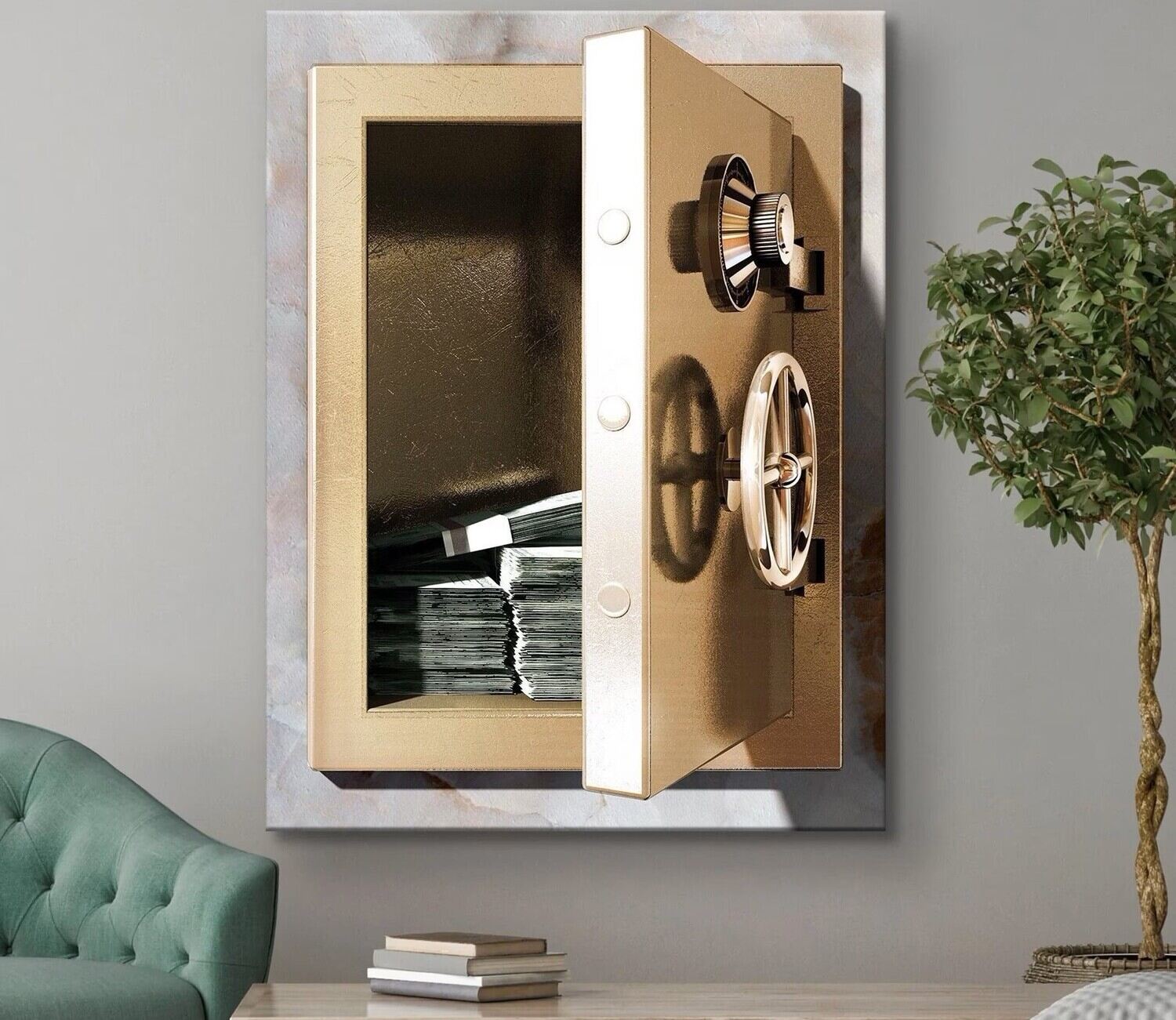


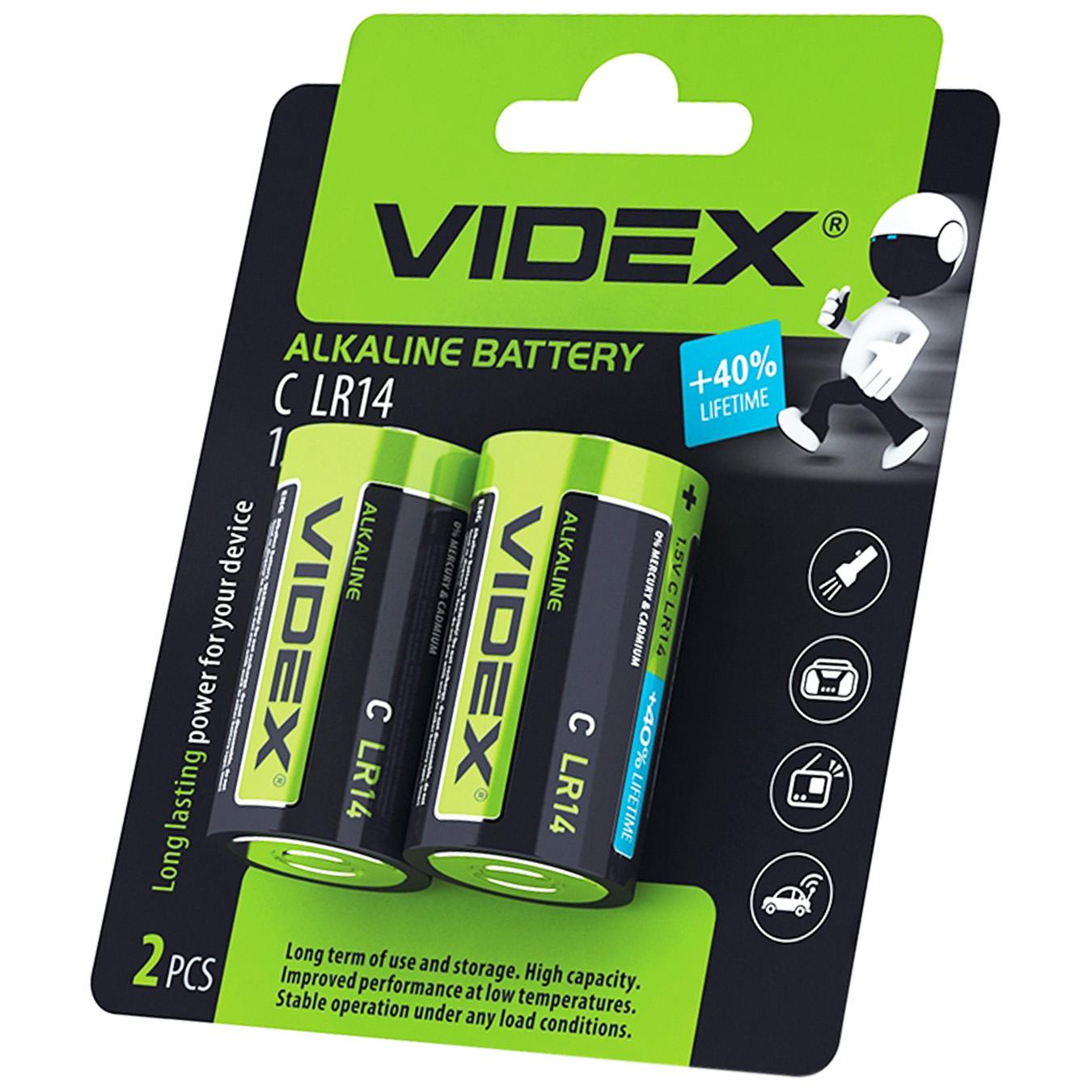





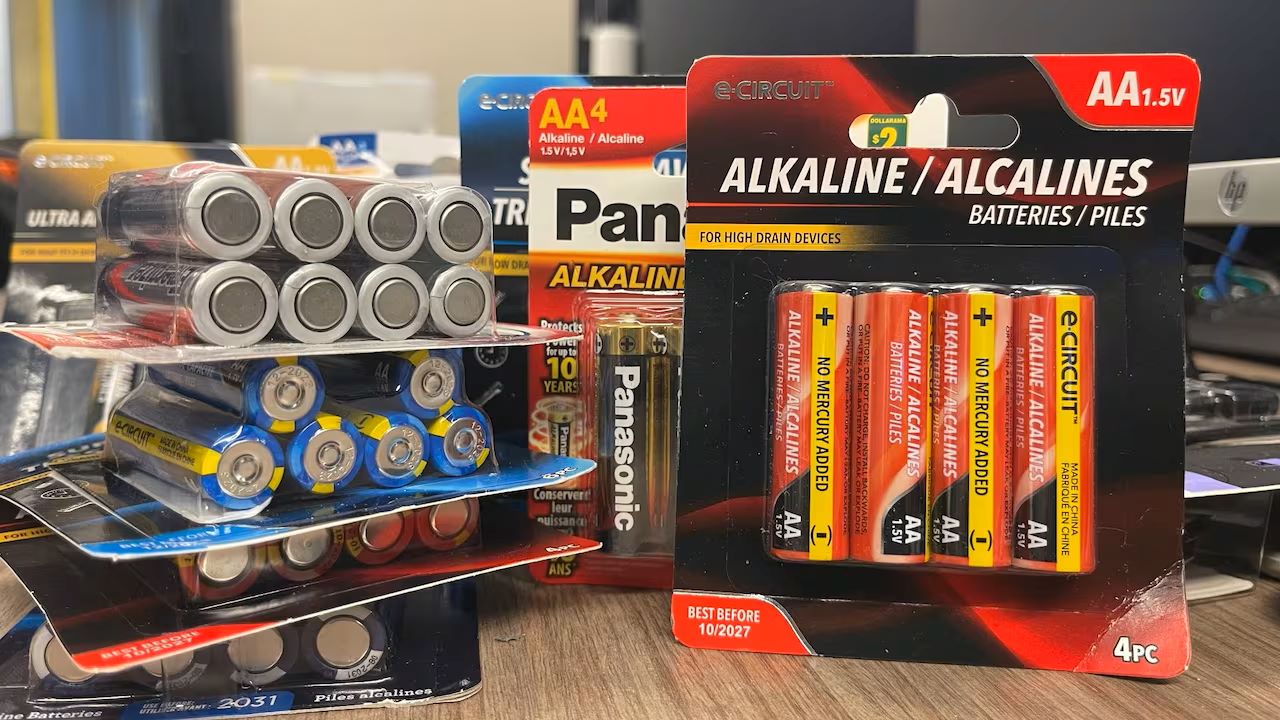


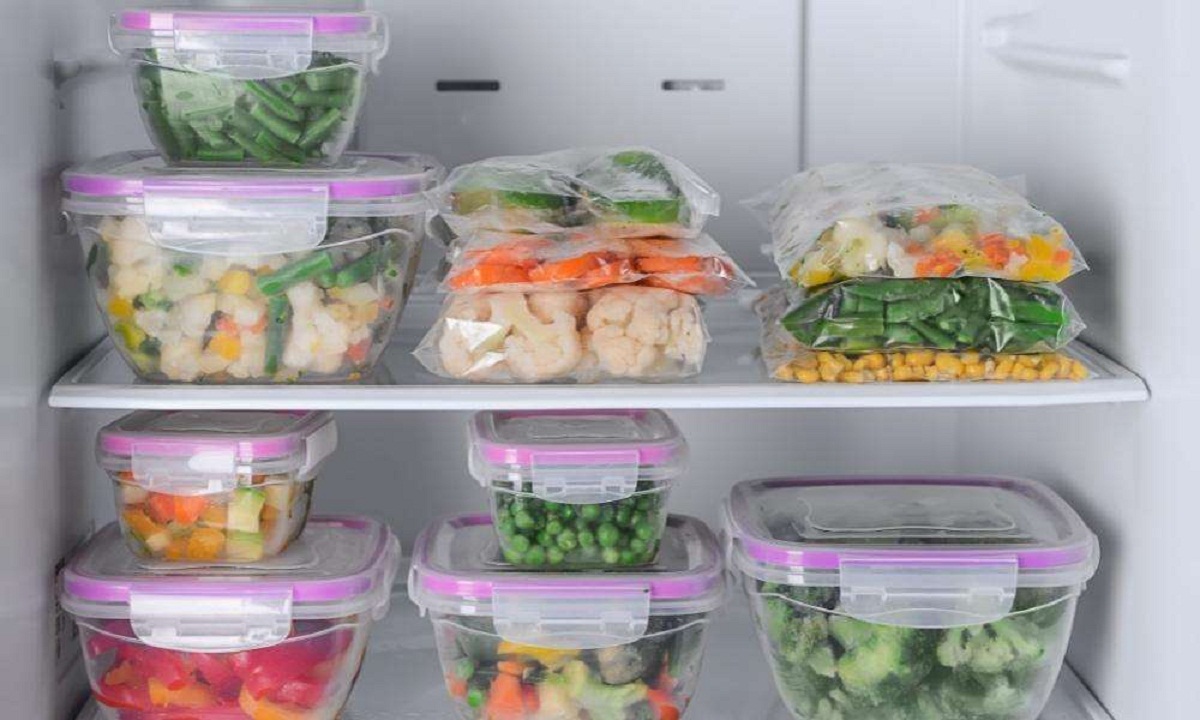

0 thoughts on “How To Store Cash Long Term”